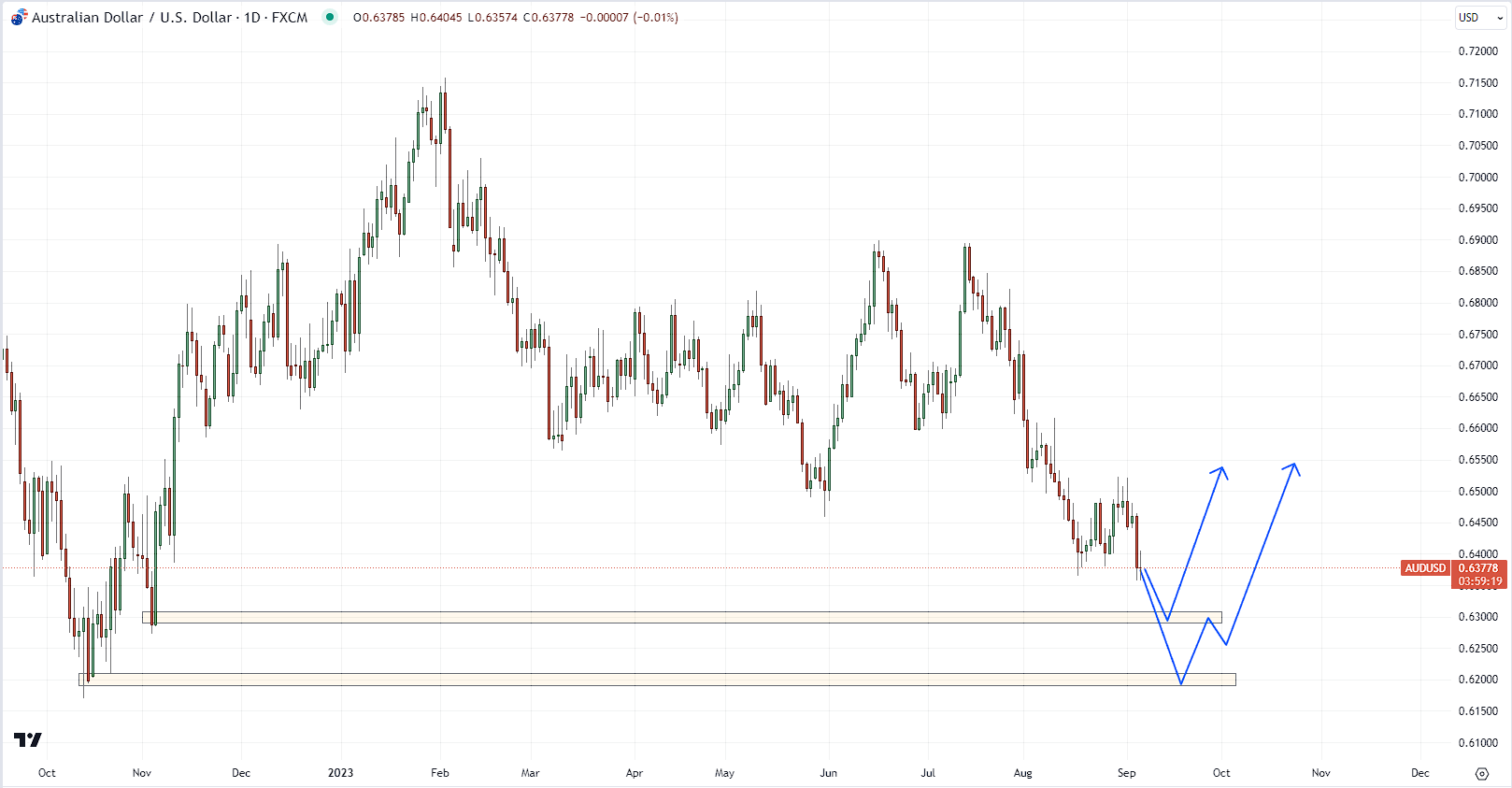Reverse mortgages, once a niche financial instrument, have grown in popularity as a potential solution for retirees looking to access their home equity. Despite their increasing popularity, statistics show that only 2–3% of eligible Americans have a reverse mortgage.
For some, a reverse mortgage might provide much-needed financial relief during their golden years. For others, the costs and risks associated with them might outweigh the benefits. So, for that reason, we’ve decided to help you better understand these financial instruments.
Below, you will find almost everything you need to consider when thinking about obtaining a reverse mortgage.
Understanding Reverse Mortgages
In simple terms, a reverse mortgage allows senior homeowners to utilize their home’s equity without selling their property. In this scenario, instead of the homeowner making monthly payments to the lender, the lender pays the homeowner. The accumulated loan, interest, and related charges are repaid when the homeowner sells the property, moves out, or passes away.
If you are interested in such a loan option, it’s in your best interest to find a reverse mortgage broker near you and employ their expert knowledge to make the right decision. They will help you understand the entire process and the funds you can obtain.

Key Questions to Ask When Pondering a Reverse Mortgage
1. Why am I considering a reverse mortgage?
Diving deep into the motivation behind considering a reverse mortgage is the first crucial step. Personal financial situations vary immensely, and understanding yours can provide clarity. Some might see it as a solution to an immediate financial crisis, such as medical bills or unexpected expenses.
Others may be exploring it as a method to supplement their retirement income, ensuring a more comfortable lifestyle. Still, some might be curious about the financial options available to them. Whatever the reason, having a clear understanding of your “why” will guide the rest of the decision-making process.
2. Have I explored all other financial alternatives?
It’s essential to view a reverse mortgage as one of several financial tools available. Before committing, explore other avenues. For instance, downsizing to a smaller, more affordable property might provide immediate financial relief. Refinancing your current mortgage might lead to better terms or lower monthly payments.
Alternatively, a home equity line of credit might offer a more flexible way to access your home’s value. Each option has its pros and cons, and it’s crucial to understand which one aligns best with your long-term goals.
3. How much will the loan cost?
Like all loans, reverse mortgages come with costs, some upfront and others that accumulate over time. Begin by looking at the origination fees, which can be substantial depending on the loan amount. Then, there are closing costs, which cover everything from home appraisals to title searches.
Over the loan’s lifetime, interest will accumulate, which can significantly reduce the equity left in the home. Having a complete picture of these costs will ensure there are no unpleasant surprises down the road.
4. How will it impact my heirs?
Legacy planning is vital for many homeowners. The idea of leaving behind property or financial support for loved ones is comforting. However, a reverse mortgage can complicate this. The loan becomes due once the homeowner either moves out or passes away.
Typically, this results in the sale of the house to settle the balance. It’s crucial to discuss your plans with your heirs, ensuring they understand the implications and setting clear expectations for the future.
5. What type of reverse mortgage am I considering?
Not all reverse mortgages are created equal. The most common type is the home equity conversion mortgage (HECM), which is federally insured and has specific requirements. Then, there are proprietary reverse mortgages, which are private loans and can vary greatly in terms.
Some state and local government agencies offer single-purpose reverse mortgages for a specific purpose, like home repairs. Each type offers different advantages and potential drawbacks. Fully understanding the distinctions can save you from future regrets.
6. Who is the lender?
The lender’s reputation and credibility are paramount. Start by checking online reviews and seeking out feedback from past borrowers. Recommendations from trusted professionals or acquaintances can be invaluable.
Additionally, ensure the lender is approved by relevant regulatory bodies to operate in your state. Unfortunately, the financial world isn’t exempt from scams, and some lenders prey on uninformed or vulnerable individuals. Thorough research and due diligence can safeguard you from potential pitfalls.
By addressing each of these questions comprehensively, potential borrowers can make a more informed decision about whether a reverse mortgage is the right financial tool for their unique situation.
Potential Risks
While a reverse mortgage might sound like a seamless way to access your home equity, it does come with potential pitfalls:
- Decreased equity: Over time, as you receive payments and interest accrues on the loan, the equity in your home decreases.
- Risk of foreclosure: Failing to meet the loan terms (like not paying property taxes or maintaining the home) could lead to foreclosure.
- Medicaid eligibility: The funds from a reverse mortgage could affect your eligibility for Medicaid or other government assistance programs.
Conclusion
For some retirees, a reverse mortgage offers a beneficial avenue to tap into their home’s equity. Nevertheless, like all monetary choices, it’s essential to approach reverse mortgages with knowledge and prudence.
Engage with financial experts, obtain guidance from HUD-endorsed organizations, and always scrutinize the details. A judicious choice today can pave the way for a stable financial future tomorrow.














